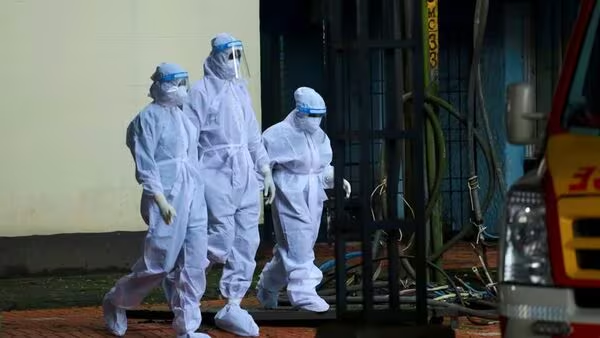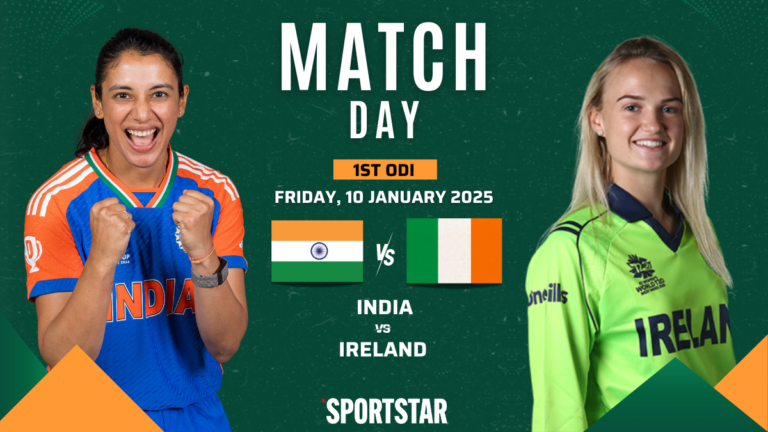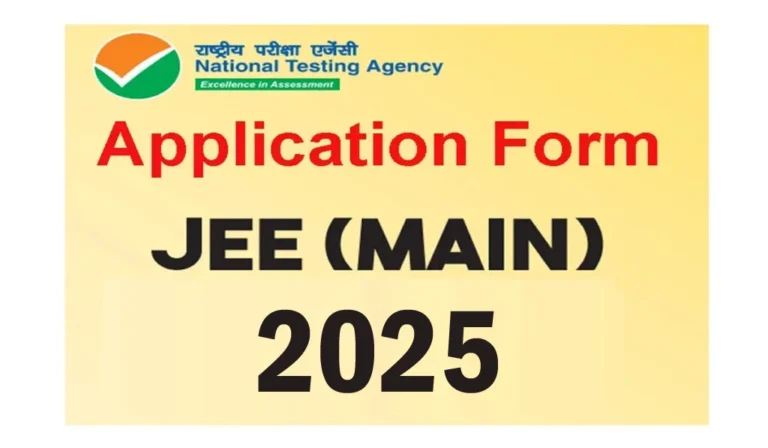HMP VIRUS CASES IN INDIA:
Recent Cases in Bengaluru:
Earlier this week, two cases of HMPV were confirmed in Bengaluru, Karnataka, as part of the Indian Council of Medical Research (ICMR)’s ongoing respiratory pathogen surveillance program.

The first case involved a three-month-old baby girl with a history of bronchopneumonia. She was admitted to Baptist Hospital, treated, and later discharged in good health. The second case, detected on January 3, 2025, involved an eight-month-old baby boy who also received treatment at Baptist Hospital for similar symptoms. Both infants recovered and were discharged after appropriate medical care.

Watch News on INDIA TODAY : https://www.youtube.com/live/_c-Qdm2YJBg?si=GjL3li_rFu6k9xok
What Is Human Metapneumovirus?
Human metapneumovirus (HMPV) is a respiratory virus that often causes symptoms similar to the common cold. It primarily leads to upper respiratory infections but can also cause more severe conditions such as pneumonia, asthma flare-ups, or worsening chronic obstructive pulmonary disease (COPD). Cases of HMPV tend to peak during the winter and early spring months.
Most people encounter HMPV before the age of five. While reinfections can occur, they typically result in milder symptoms due to immunity from the first infection.

Is HMPV Just Another Cold?
HMPV commonly mimics a cold, but it can lead to severe illness in certain individuals. The first encounter with HMPV, particularly in young children, is often the most severe. Adults over 65 and individuals with pre-existing respiratory conditions or weakened immune systems are also at higher risk for complications.
How Common Is Human Metapneumovirus?
HMPV accounts for approximately 10% to 12% of respiratory illnesses in children, with around 5% to 16% of cases resulting in lower respiratory tract infections like pneumonia. Most infections are mild, but severe cases do occur, particularly in vulnerable populations.
Is HMPV the Same as RSV?
No, HMPV is not the same as respiratory syncytial virus (RSV), though they are closely related. Both belong to the Pneumovirus genus and share similar symptoms. HMPV tends to cause severe illness in children aged 6 to 12 months, while RSV is more likely to affect infants under six months old.
Symptoms and Causes of HMPV
Common Symptoms:
- Cough
- Fever
- Runny or stuffy nose
- Sore throat
- Wheezing
- Shortness of breath
- Rash

What Causes HMPV?
HMPV is caused by a virus that uses your cells to replicate itself. It belongs to the same viral family responsible for diseases like RSV, measles, and mumps.
How Does HMPV Spread?
HMPV is transmitted through direct contact with an infected person or contaminated surfaces. Common transmission methods include:
- Coughing and sneezing
- Physical contact like handshakes, hugs, or kisses
- Touching contaminated objects such as phones, door handles, or toys
Risk Factors and Complications
Who Is at Higher Risk?
- Children under five (especially premature infants)
- Adults over 65
- Individuals with weakened immune systems (e.g., due to HIV, cancer, or autoimmune disorders)
- People with respiratory conditions like asthma or COPD
Potential Complications:
- Bronchiolitis
- Bronchitis
- Pneumonia
- Asthma or COPD exacerbations
- Ear infections (otitis media)
Diagnosing and Treating HMPV
How Is HMPV Diagnosed?
Healthcare providers typically diagnose HMPV based on symptoms and medical history. A swab of the nose or throat may be tested in a lab for viruses. Additional tests like chest X-rays or bronchoscopy might be needed for severe cases.
Treatment Options:
There is no specific antiviral treatment for HMPV. Most cases can be managed at home with:
- Rest and hydration
- Over-the-counter medications like pain relievers and decongestants (consult a pediatrician before giving medications to children)
For severe cases, hospitalization may be necessary. Treatments can include:
- Oxygen therapy: To assist with breathing
- IV fluids: To prevent dehydration
- Corticosteroids: To reduce inflammation
Are Antibiotics Needed?
No, antibiotics do not work against HMPV as it is a viral infection. However, if a bacterial infection occurs alongside HMPV (e.g., secondary pneumonia), antibiotics may be prescribed.
Preventing HMPV
Tips to Reduce Risk:
- Wash hands frequently with soap and water or use alcohol-based hand sanitizer.
- Cover your nose and mouth with your elbow when sneezing or coughing.
- Avoid close contact with sick individuals.
- Wear a mask if you are ill and must be around others.
- Avoid touching your face, especially the eyes, nose, and mouth.
- Refrain from sharing food, drinks, or utensils.
Outlook and Recovery
How Long Does HMPV Last?
Mild cases typically resolve within a few days to a week. Severe cases may take longer, with lingering symptoms like a cough lasting several weeks.
Self-Care Tips:
- Stay hydrated by drinking plenty of fluids.
- Use over-the-counter medications for symptom relief (ensure they are safe for children if applicable).
When to See a Doctor:
- If symptoms persist or worsen after a few days.
- If a fever lasts longer than three days.
- If you or your child have an underlying condition that increases the risk of severe illness.




